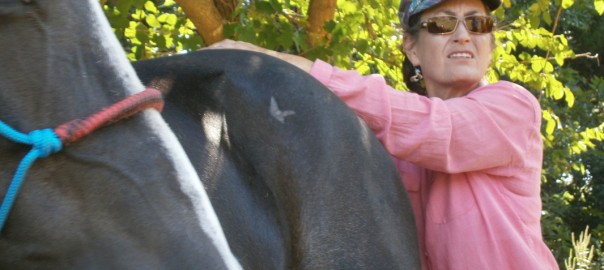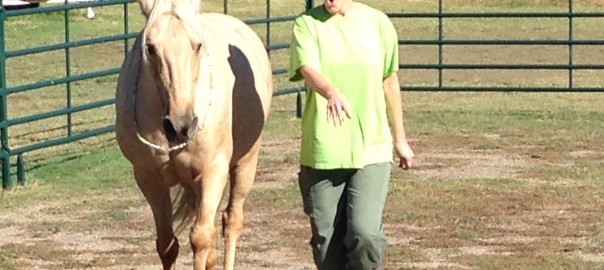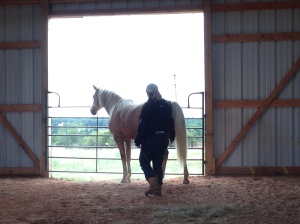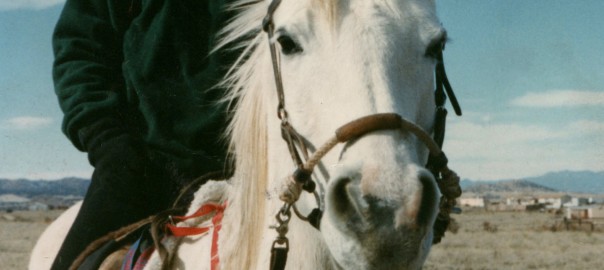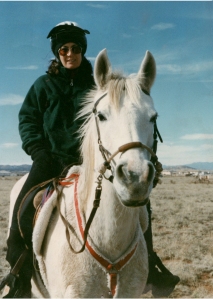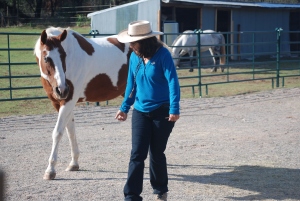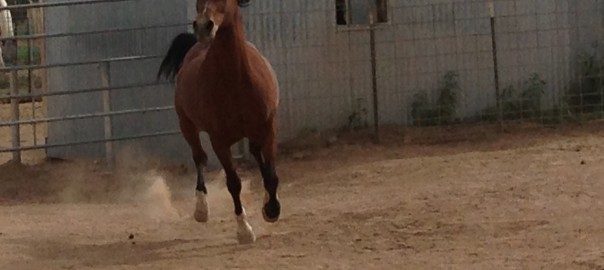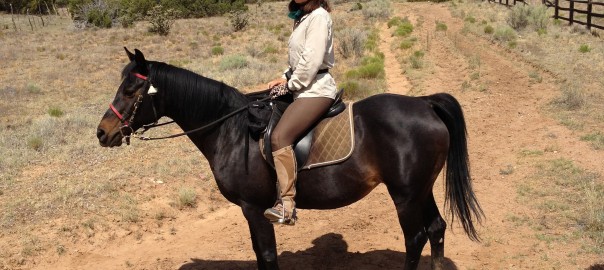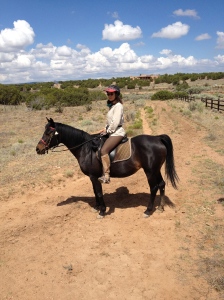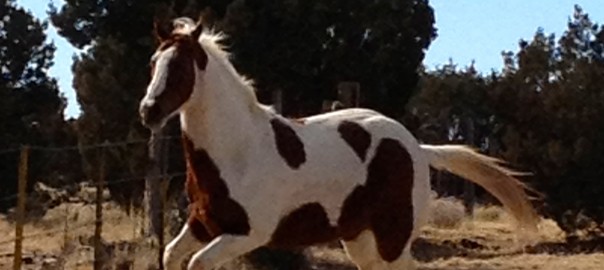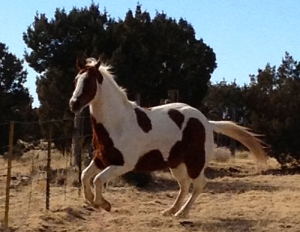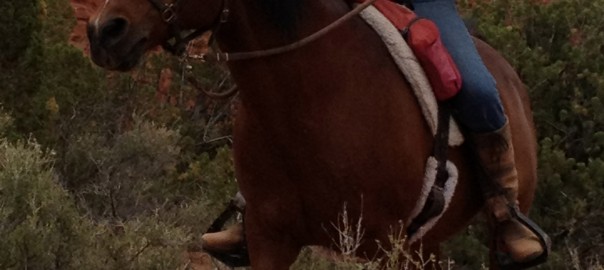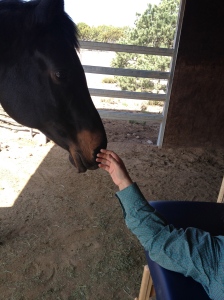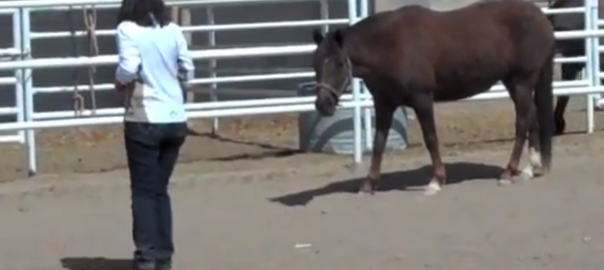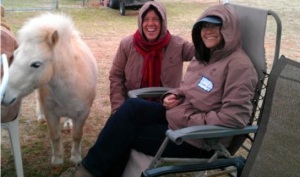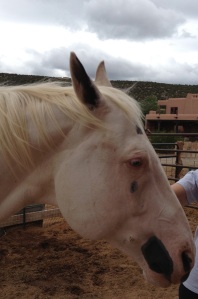Last weekend I conducted a three-hour tutorial on equine bodywork on Friday before the Spirit Horse Liberty Foundation Clinic in Jones, Oklahoma. Visiting and ranch horses were evaluated and students learned some skills in how to do bodywork on their own horses, with work on the hindquarters, shoulders and legs that translated to the spine. This work addresses the physical problems horses suffer. Among the students were an equine chiropractor, horse trainer and nurse who were all amazed as I have often been at the powerful effect of Equine Ortho-Bionomy.
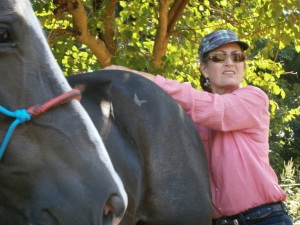 Continue reading Bodywork alternatives for horses – OrthoHorse Tutorial news
Continue reading Bodywork alternatives for horses – OrthoHorse Tutorial news



